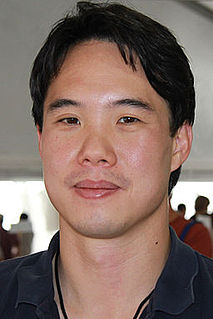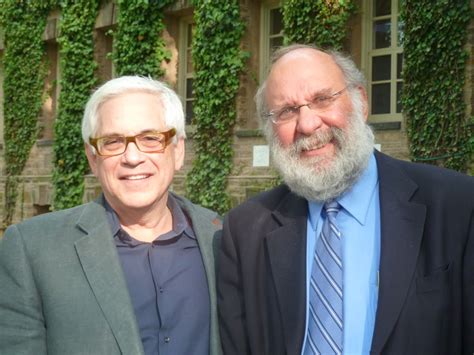A Quote by Henri Frederic Amiel
You desire to know the art of living, my friend? It is contained in one phrase: make use of suffering.
Related Quotes
The world is full of suffering. Birth is suffering, decre- pitude is suffering, sickness and death are sufferings. To face a man of hatred is suffering, to be separated from a beloved one is suffering, to be vainly struggling to satisfy one's needs is suffering. In fact, life that is not free from desire and passion is always involved with suffering.
Use all your suffering for meditation, and soon you will come to know that the suffering disappears because the energy starts moving inwards. It is not moving to the periphery, to the suffering, you are not feeding your suffering. It looks illogical, but this is the whole conclusion of all the mystics of the world: that you feed your suffering and you enjoy it in a subtle way, you don't want to be well—there must be some investment in it.
We are all going, I thought, and it applies to turtles and turtlenecks, Alaska the girl and Alaska the place, because nothing can last, not even the earth itself. The Buddha said that suffering was caused by desire, we'd learned, and that the cessation of desire meant the cessation of suffering. When you stopped wishing things wouldn't fall apart, you'd stop suffering when they did.
So many people think that practicing an art is a good way to make a living. Practicing an art, no matter how well or badly, is a way to make your soul grow, for heaven's sake. I'm talking about singing in the shower, I'm talking about dancing to the radio, I'm talking about writing a poem to a friend.
Take a bunch of little kids to the beach and they all make art. Adults are too stupid to call it art, but it is art. They'll use their imaginations, make drama, make up characters, make pictures in the sand, they'll make up songs that no one's ever heard before. All kids, I think, are creative, but they get it pounded out of them in school.
I surrender this rifle to you through my young son, whom I now desire to teach in this manner that he has become a friend of the Americans. I wish him to learn the habits of the whites and to be educated as their sons are educated. I wish it to be remembered that I was the last man of my tribe to surrender my rifle. This boy has given it to you, and he now wants to know how he is going to make a living.
To emphasize the importance of beauty is to connect art again to emotion and desire. To find something or someone beautiful is not simply to appreciate what you now see or know about them. It also involves the desire to get to know them better, in the hope that what you will discover will, in some way that you can't know at the time, make your life better, just as your relationship with it so far has also made it better.









































